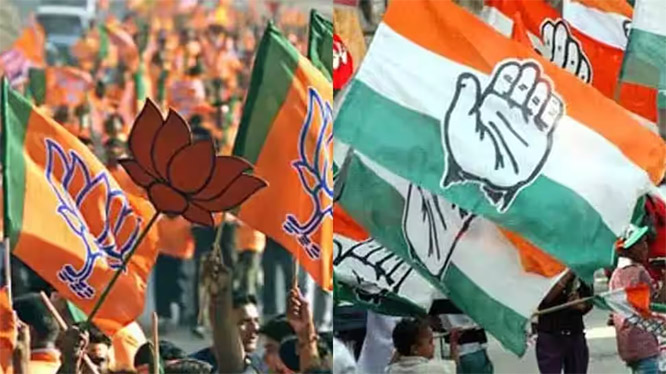Mumbai, Oct 20: Mukesh Ambani-led Reliance Jio has alleged that review of call connect charges by Trai "sabotages" the Prime Minister's vision for Digital India, and will hit not only the regulator's credibility but also investor confidence as the move protects vested interests of some old operators.
Continuing its relentless attack on the regulator and old operators over the contentious IUC (interconnect usage charge) issue that has polarised the industry, Jio alleged that Trai's move is arbitrary, bad in law, unwarranted, and anti-poor.
Any change in the implementation of the original timeline of January 1, 2020, will end the free voice regime and is likely to increase tariffs which are against consumer interest, Jio claimed.
Typically, a telecom operator pays for completing calls made by its subscribers to a rival network. This is done by paying the rival network an to interconnect usage charge, which currently is 6 paise per minute.
Trai's move to reopen the deadline for ending charges for terminating calls on rival networks beyond January 2020 had forced Jio to levy a 6 paisa per minute charge on its users recently, effectively ending its free call regime.
Submitting its official response to the Telecom Regulatory Authority of India (Trai) on the IUC matter, Jio alleged that "certain incumbent telcos" want their large body of 2G customers to forever remain digitally disempowered and deprived of the fruits of the digital revolution. Trai's consultation paper "protects and perpetuates the vested interests" of such players, it added.
Jio accused certain old operators of exploiting their 2G customers by charging "extortionist rates" for voice calls, which are offered free to all Jio's 4G-only customers.
"The Consultation Paper...undermines and sabotages Prime Minister's Digital India vision and mission," Jio said in its comment to Trai's consultation paper.
It is unfortunate that instead of profiting the poor and marginalised sections of Indian society, the consultation paper has chosen to help profiteers in the telecom business, Jio alleged.
The discussion paper wants India to remain technologically stagnant and backward, the company said.
The move contradicts the authority's past decisions where it was represented that the zero termination charge regime would come into effect for all types of calls from January 1, 2020, Jio said.
It added that the ongoing review, which violates the principles of regulatory predictability, has been initiated with pre-determined mind.
"...the present Consultation Paper has not been issued to address traffic asymmetry, but to address the claimed financial stress of one or two operators at the cost of the interests of the subscribers and the telecom sector, and also the credibility of the authority," it said.
The latest entrant, known for its disruptive tariffs, argued the present trend indicates that traffic asymmetry (one of the key reasons for Trai's rethink on IUC) is expected to be reversed in a few months and the present receivers will become payers, and so deferring stated timelines is not going to steer any operator away from the purported financial stress. Moving to zero termination charge regime will reduce overall tariffs for customers, Jio said.
Jio said that had Trai "recalculated termination charges, it would be less than 1 paise per minute at this stage", and added that the small residual value by itself fully justifies the need for moving to zero termination charge regime.
Jio cautioned that Trai's move will have a "chilling effect" on any new investments and future new entrants who will be deterred by this entry barrier, and even as the advanced world will move towards 5G, India will continue promoting 2G and keep millions of users out of Digital India.
"There exists no rationale for changing the date of implementation of BAK (bill and keep) regime from January 1, 2020," Jio added.








Comments
Add new comment